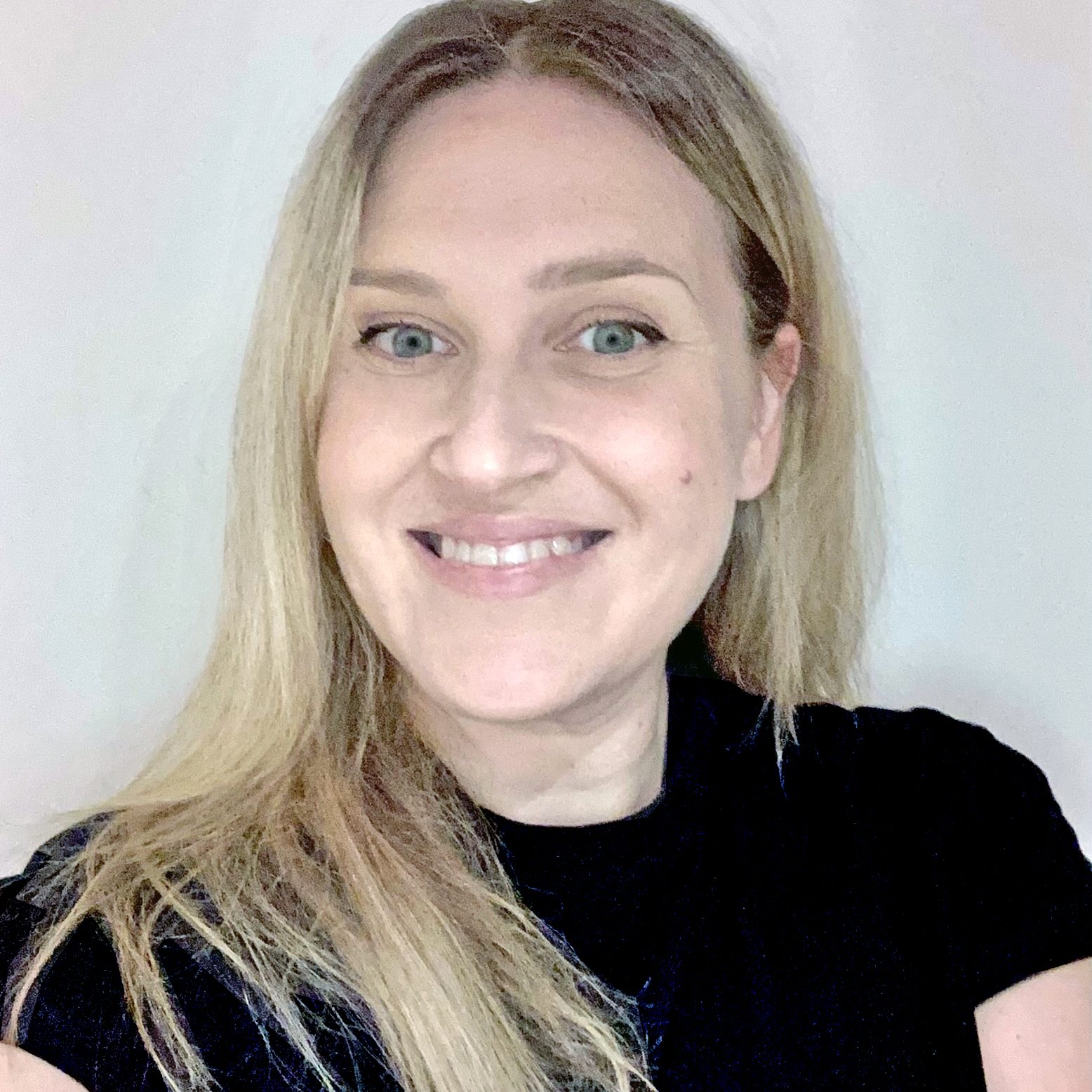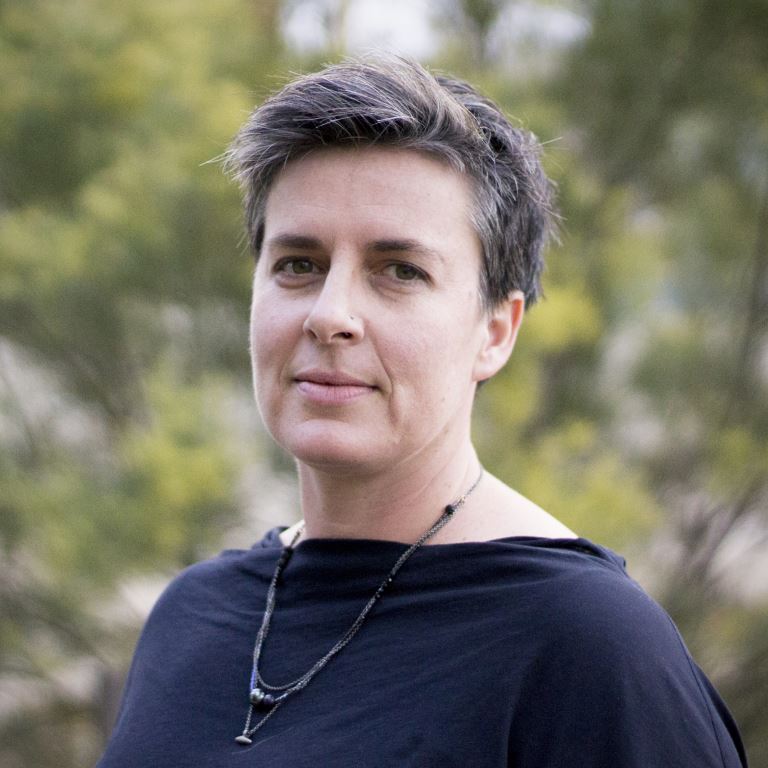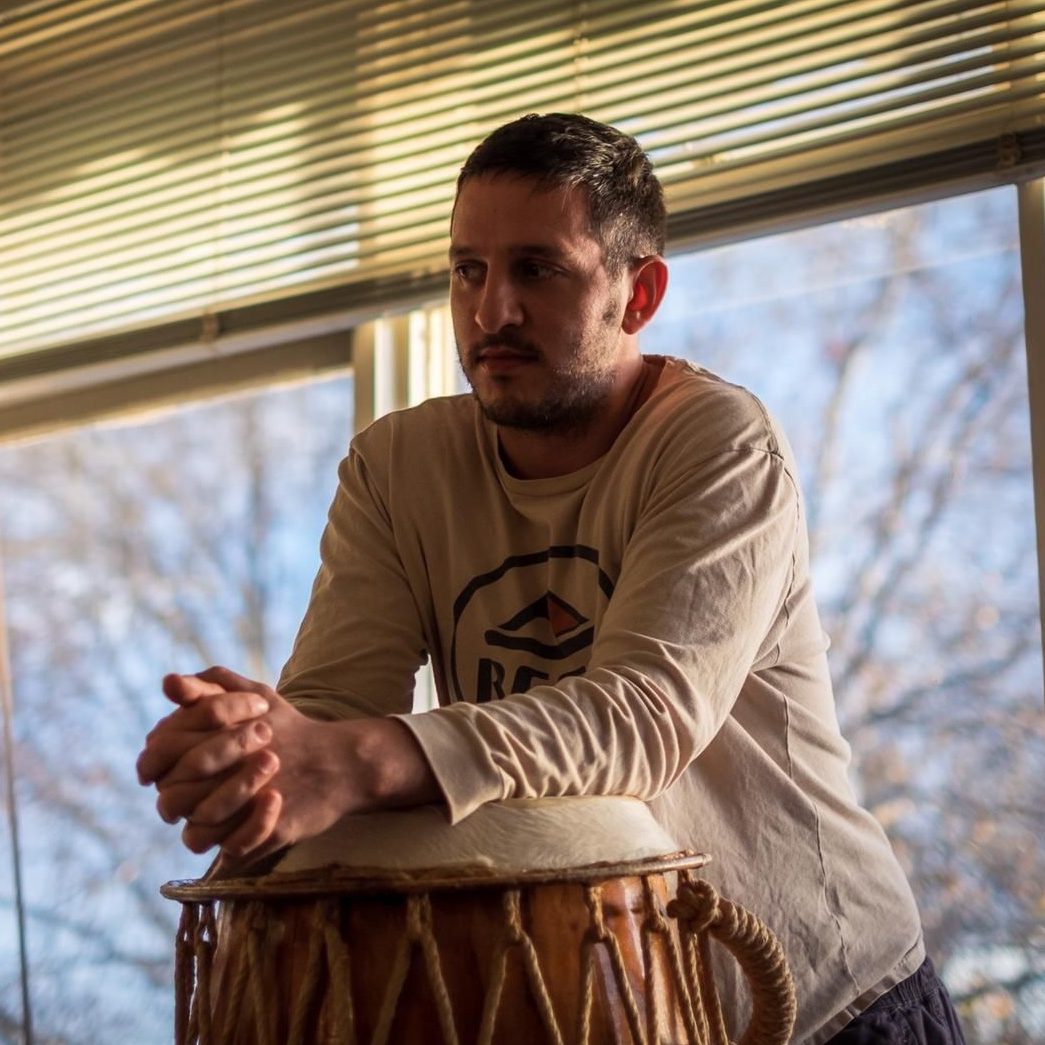PROJECT SUMMARY

Language and Cultural Diversity in ADM: Australia in the Asia Pacific
Focus Areas: News & Media, Mobilities, Social Services
Status: Active
This project investigates the challenges and opportunities for cultural and linguistic diversity in automated decision making (ADM) across Australia and the Asia-Pacific region. Focusing upon language and cultural diversity as the central concern, the project aims to better understand the ways in which AI and ADM may be utilised to promote diversity and social cohesion across our region, in addition to identifying the roles of bias and manipulation in ADM.
Moving beyond the dominant paradigms and voices that inform debates about contemporary technologies (e.g. Anglo-centric and superpowers-focused), the Diversity in ADM project focuses on: (1) culturally and linguistically diverse (CALD) communities in Australia, and (2) communities across the Asia-Pacific. It has significance in highlighting both the comparative and connecting perspectives, viewpoints and life experiences, and dialogues in relation to ADM and in increasing creativity and problem-solving capabilities in our multicultural society and workplace.
PROJECT OBJECTIVES
- Develop a better understanding of the landscapes of ADM across the region, including the role of NGOs, industry, government and other stakeholders;
- Empower community members to participate in dialogues concerning diversity in ADM; and
- Build capacity for community organisations in collective bargaining with public policymakers for inclusive and equitable ADM policies.
MORE INFORMATION
RESEARCHERS


Prof Heather Horst
Project Co-Leader and Chief Investigator,
University of Western Sydney


Prof Anthony McCosker
Chief Investigator,
Swinburne University
Learn more



Dr Daniel Featherstone
Research Fellow,
RMIT University
Learn more

Prof Gerard Goggin
Associate Investigator,
University of Western Sydney
Learn more

Assoc Prof Jenny Kennedy
Associate Investigator,
RMIT University
Learn more




Dr Thao Phan
Research Fellow,
Monash University
Learn more



Prof Jason G. Karlin
Research Partner,
Interfaculty Initiative in Information Studies,
University of Tokyo, Japan

Prof Kwang-Suk Lee
Research Partner,
Seoul National University of Science & Technology,
South Korea

Prof Cheryll Ruth Soriano
Research Partner,
La Salle Institute of Governance and Social Development Research Center,
De La Salle University, The Philippines

Prof Jack Qiu
Research Partner,
Asian Communication Research Centre,
Nanyang Technological University, Singapore
PARTNERS

Digital Asia Hub
(Hong Kong)

Telstra
COLLABORATORS

Centre for Trusted
Internet and Community









































































































































































































































































































![- [ ] Receipt and forward RQ00069864 (Treahna) Jacinthe Flore](https://www.admscentre.org.au/wp-content/uploads/2023/10/Jas-new-2023-scaled-2173x2173.jpeg)

































